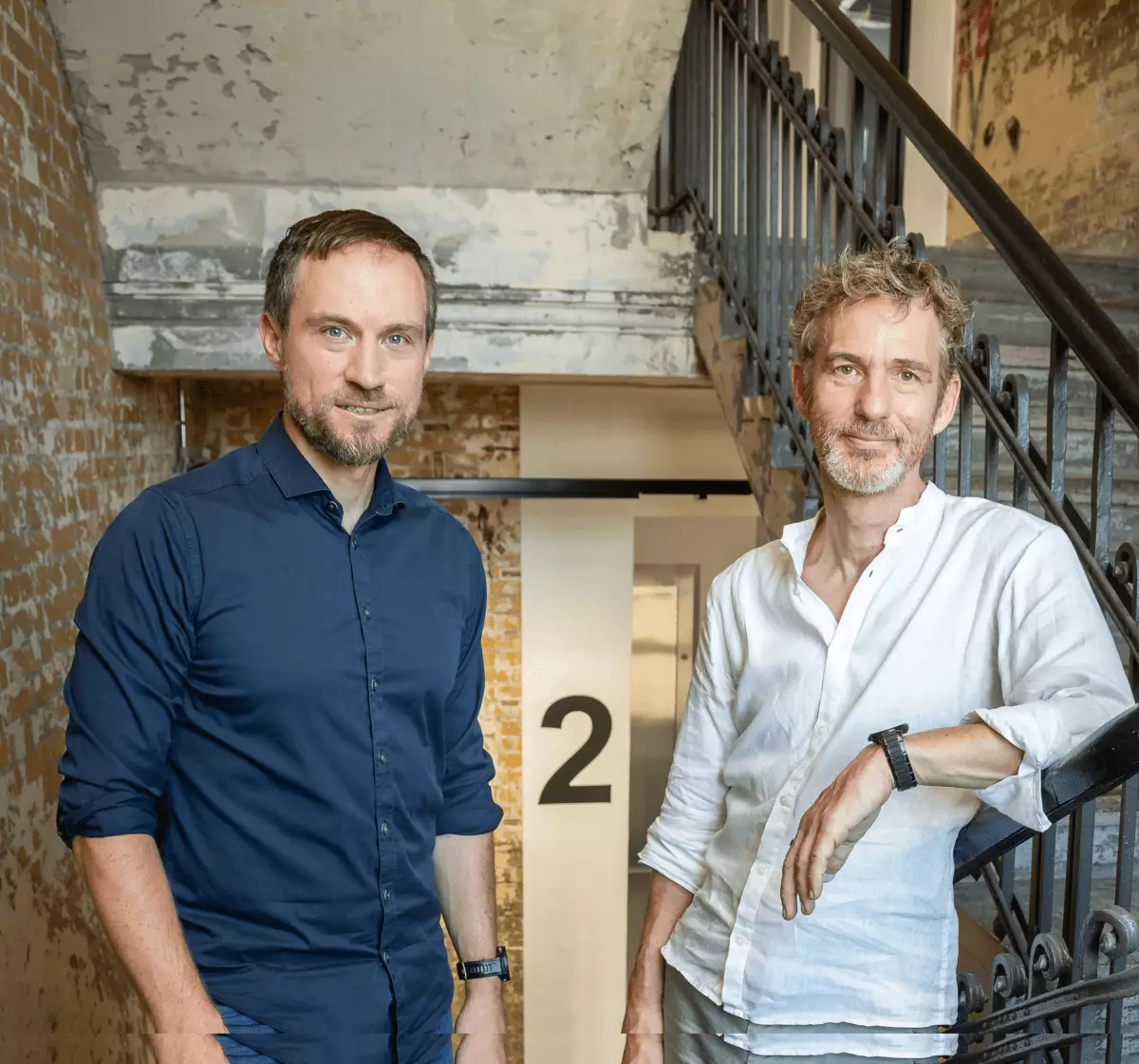The recent announcement regarding the leadership change at Babbel signals an important transitional phase for the renowned Berlin-based language learning platform. Arne Schepker, who has served as the CEO since 2018, has decided to step down, paving the way for the return of co-founder Markus Witte. This strategic shift not only changes the executive landscape at Babbel but also outlines a future heavily influenced by the integration of artificial intelligence (AI). This article explores the implications of this leadership transition and the anticipated advancements in AI-driven language education.
In his resignation announcement, Schepker articulated a profound realization about the commitment required for effective leadership. His statement—a lack of a “strong enough yes” toward continuing as CEO—reveals an introspective understanding of governance. The language of commitment and passion resonated throughout his remarks, emphasizing that leading a company demands an exceptional level of zeal, something he felt he could no longer provide. The sheer weight of responsibility surrounding setting annual goals and budgets proved to be disheartening, prompting him to redefine his priorities, including taking time to travel with family.
Schepker’s tenure was characterized by impressive growth—revenue soared to around $300 million, and the workforce expanded to nearly 1,000 employees. His departure, however, was portrayed not as a farewell but as a strategic realignment conducive to Babbel’s new direction. This highlights how self-awareness in leadership can lead to healthier corporate culture and innovation.
Markus Witte is stepping back into a central role during this pivotal transition yet refraining from immediately claiming the CEO title. Instead, he assumes the position of executive chairman and managing director. His extensive background uniquely positions him to lead Babbel into unexplored territories amid fluctuating technological landscapes. Witte’s acknowledgment of rapid advancements in AI reflects a company ethos that resonates with the necessity for adaptability.
As he prepares Babbel for this new phase, Witte also champions the integration of AI in language education. Traditionally emphasizing the importance of human interaction and expert instructors, Babbel is now poised to embrace AI as a tool for personalized learning experiences. The agility with which Witte aims to harness advancements in AI aligns with emerging challenges facing technology companies and reflects a proactive approach to evolving educational needs.
The discussion about AI’s role at Babbel reveals a broader conversation about its impact on the language learning industry. While previously, Babbel did not label itself as an AI-centric company, Witte’s emphasis on technology signifies a significant pivot. His remarks signify a landmark moment in Babbel’s narrative; the enhancement of language-learning techniques through AI capabilities could redefine the experience for users.
Witte acknowledged the uncertainty that comes with rapid technological evolution, suggesting a need for nimbleness in strategic planning. His insights into the convergence of large language models and Babbel’s well-structured educational frameworks could enable unprecedented educational methodologies in language acquisition. Indeed, aligning robust instructional design with cutting-edge tech offers new possibilities to personalize and enhance the learning experience.
As Babbel invests more in technology, it remains committed to its core mission: the human aspect of language learning. Schepker poignantly expressed the notion that language learning transcends mere mechanics—it is fundamentally about connection. By harnessing both human effort and technological innovation, Babbel aims to create a learning environment that promotes not just proficiency but genuine engagement with language through conversing with individuals across cultural divides.
Both Schepker and Witte have underscored the importance of creating “moments of delight” for users and employees alike. This commitment to happiness, well-being, and an enriching experience is crucial for building a positive company culture and ensuring long-term user satisfaction.
The leadership transition at Babbel serves as a case study in aligning strategic vision with market demands. As Markus Witte steps back into an active role, the fusion of AI into Babbel’s educational framework promises to revolutionize language learning for a global audience. The reflections and decisions made during this transition period highlight an acute awareness of the changing landscape of technology and education.
The new era at Babbel, driven by strategic leadership and the integration of AI, sets the stage for enhanced user experiences that maintain a balance between technology and the essential human component of language learning. The future undoubtedly holds exciting opportunities for Babbel as it charts its path forward in an increasingly competitive landscape.

